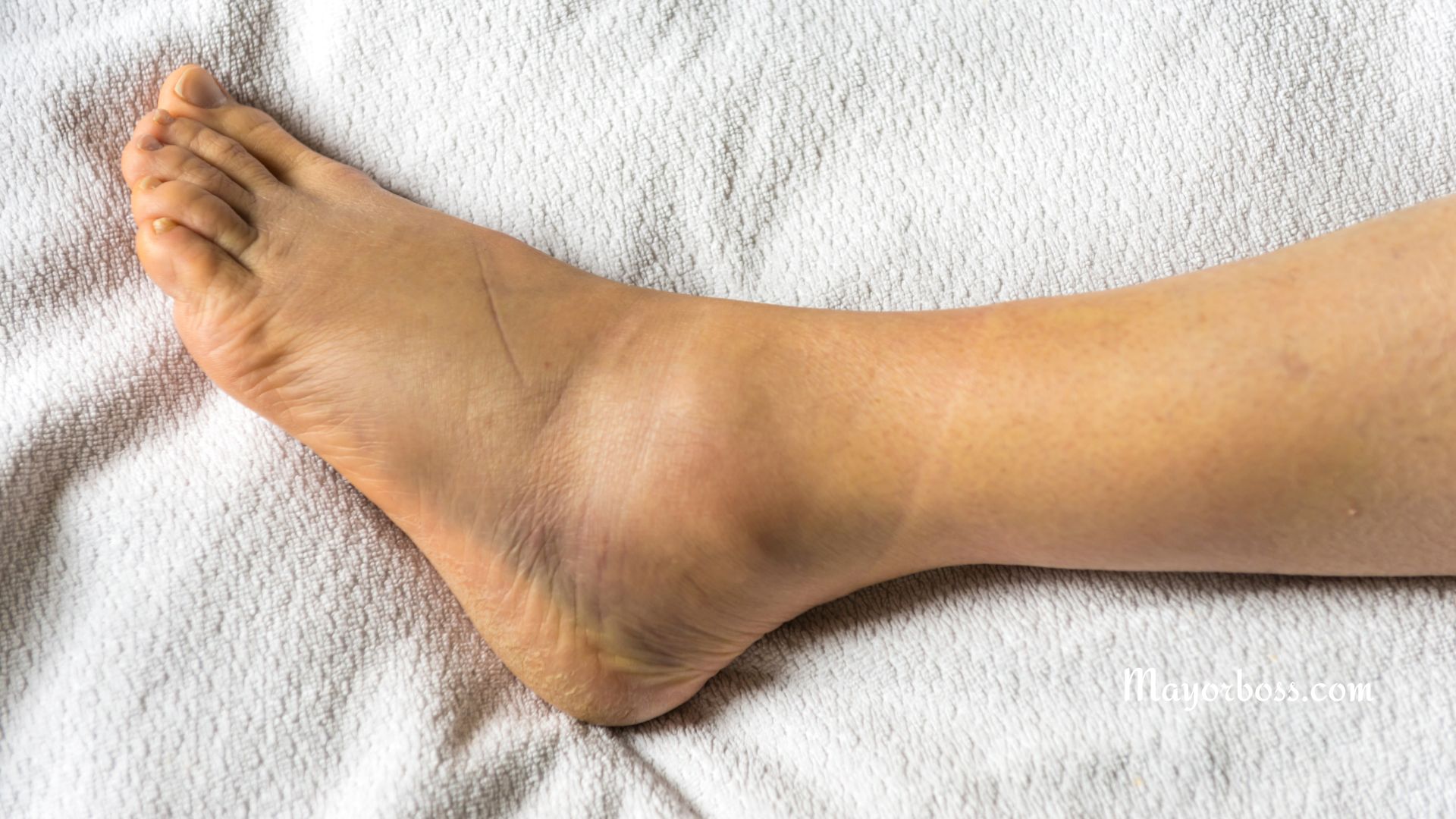Here’s How to Improve Your Digestion
Good digestion is crucial for optimal health and well-being. If you want to enhance your digestive system’s efficiency, there are simple strategies you can incorporate into your daily routine. This article will outline how to improve your digestion by focusing on key aspects such as dietary choices, mealtime habits, and overall lifestyle.
1. Eat a Balanced Diet
One of the most effective ways to improve your digestion is by maintaining a balanced diet. Here’s what you can do:
- Incorporate Fiber-Rich Foods: Eating fiber-rich foods helps maintain regular bowel movements and prevent constipation. Include whole grains, legumes, fruits, and vegetables in your daily meals to boost your fiber intake.
- Include Probiotics and Prebiotics: Probiotics, found in fermented foods like yogurt and kefir, promote healthy gut bacteria. Prebiotics, found in foods like bananas, onions, and garlic, nourish these beneficial bacteria. Together, they support a healthy digestive system.
- Limit Fatty Foods: Consuming excessive amounts of fat can slow down digestion and lead to discomfort. So, opt for lean proteins and healthy fats, such as those found in avocados, nuts, and olive oil.
2. Establish Healthy Mealtime Habits
Your eating habits play a significant role in how well your body digests food. Here are some tips to follow:
- Eat Smaller, Frequent Meals: Eating smaller meals throughout the day can ease the workload on your digestive system. This approach can help prevent overeating and reduce the risk of indigestion and heartburn.
- Chew Your Food Thoroughly: Chewing your food properly is essential for digestion. It breaks down food into smaller particles and allows enzymes in your saliva to start the digestive process.
- Slow Down and Be Mindful: Eating too quickly can lead to swallowing air, which may cause gas and bloating. Take your time during meals, savoring each bite and focusing on the flavors and textures of your food.
3. Drink Plenty of Water
Drinking enough water is vital for digestion. Water helps break down food, allowing nutrients to be absorbed more efficiently. Many experts recommend that you drink eight 8-ounce glasses of water per day to support your digestive health.
4. Engage in Regular Exercise
Physical activity helps stimulate the muscles in your digestive tract, promoting regular bowel movements and preventing constipation. Therefore, aim for at least 30 minutes of moderate exercise, like brisk walking, dancing, riding a bike, or swimming, most days of the week.
5. Manage Stress
You’ve probably heard that stress can have a significant impact on your digestion. When you’re stressed, your body diverts blood flow away from your digestive system, which can lead to digestive issues like constipation and diarrhea.
There’s also some evidence that too much stress makes it harder for food to be properly digested. Therefore, find ways to manage stress in your life, such as taking breaks, meditating, spending time with friends and family, or engaging in a hobby.
6. Avoid Smoking and Limit Alcohol Consumption
Smoking and excessive alcohol consumption can interfere with the proper functioning of your digestive system, increasing acid production in your stomach. This can eventually result in indigestion, bloating, heartburn, belly pain, and even peptic ulcers.
Quitting smoking and limiting alcohol intake can significantly improve your digestion and overall health.
The bottom line
You may be able to improve your digestion by adopting a balanced diet, establishing healthy mealtime habits, staying hydrated, exercising regularly, controlling stress, and avoiding smoking and alcohol.






